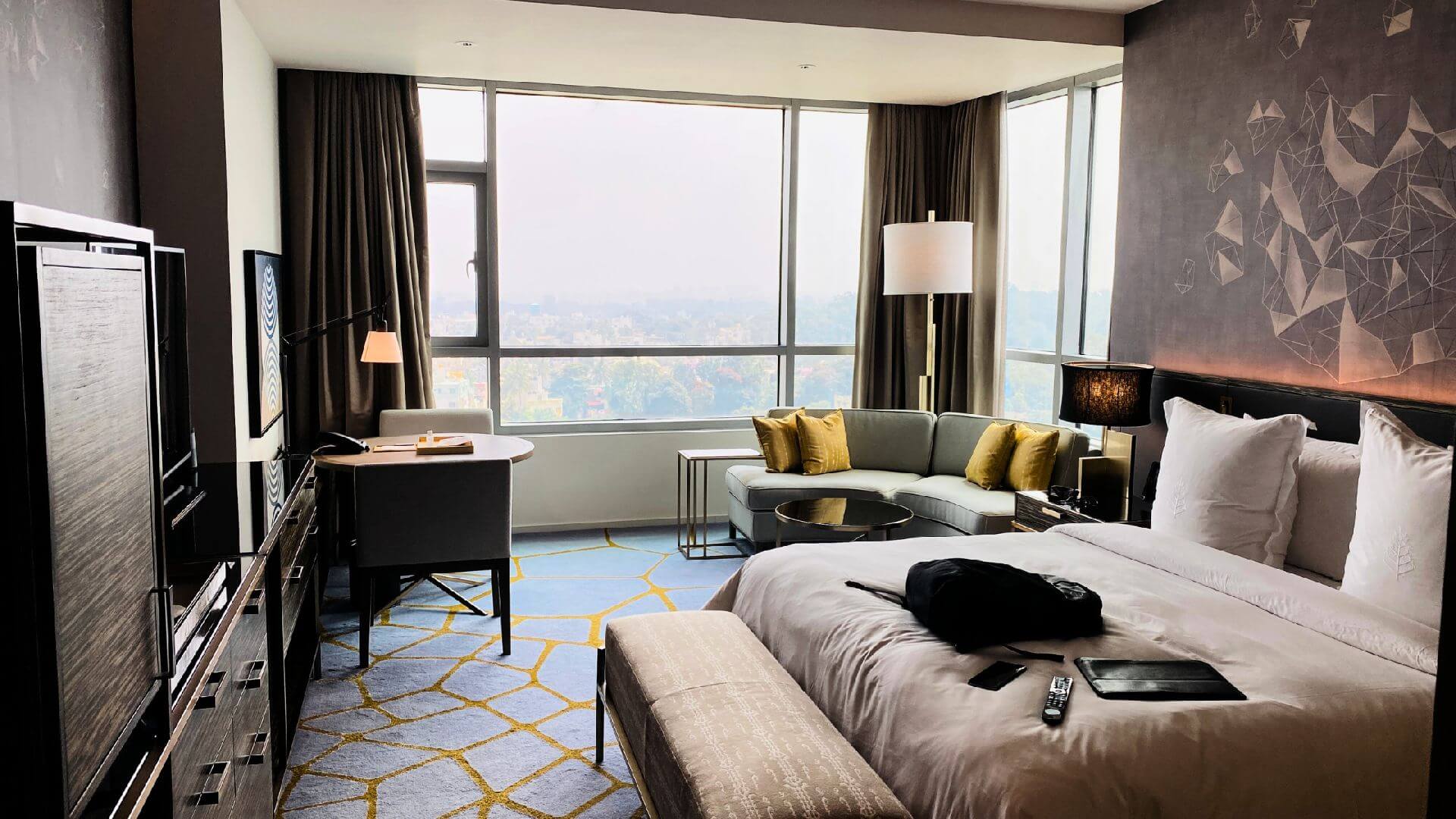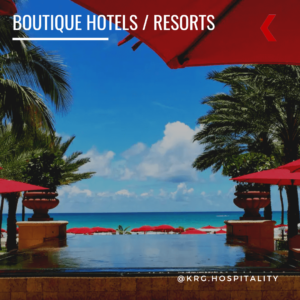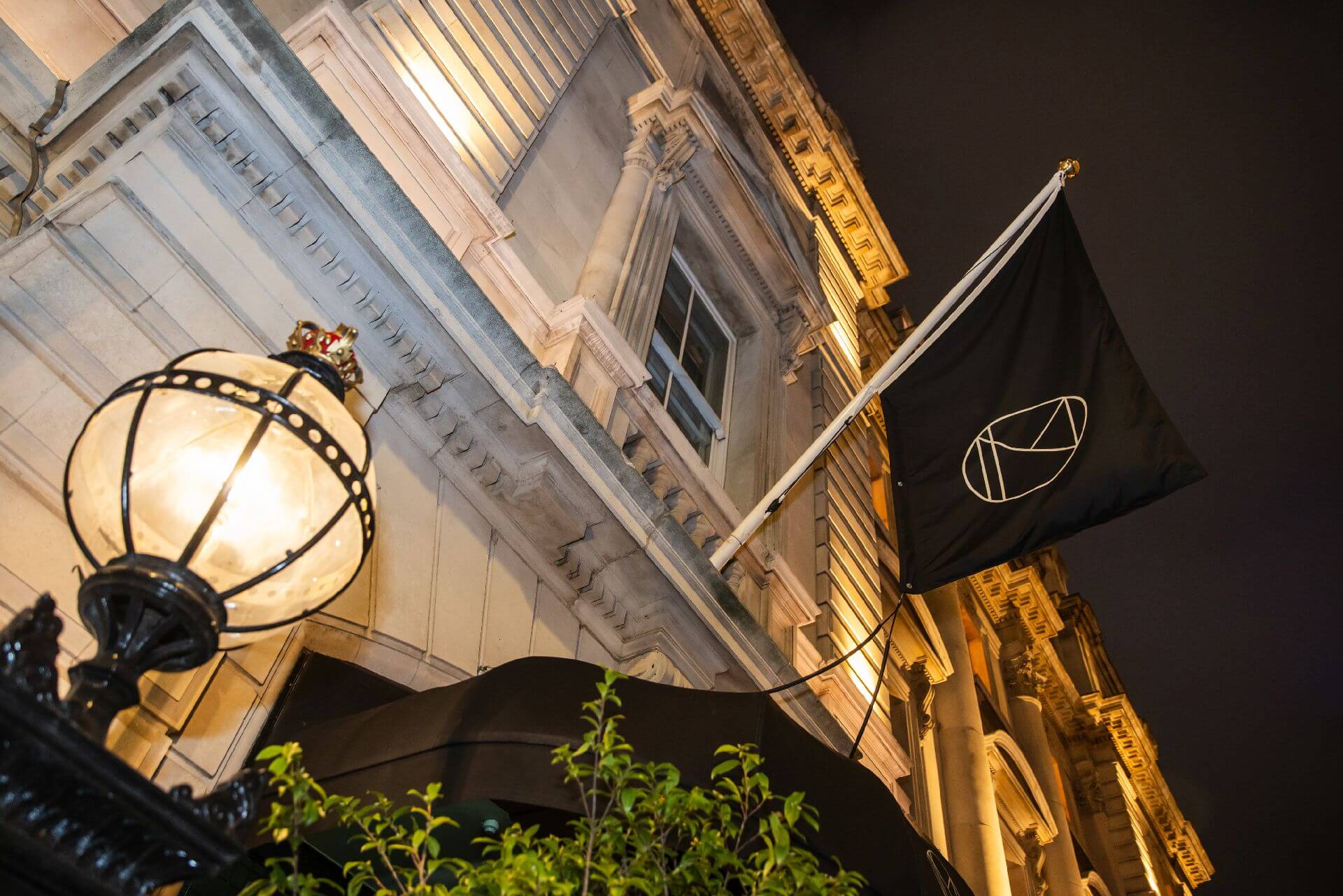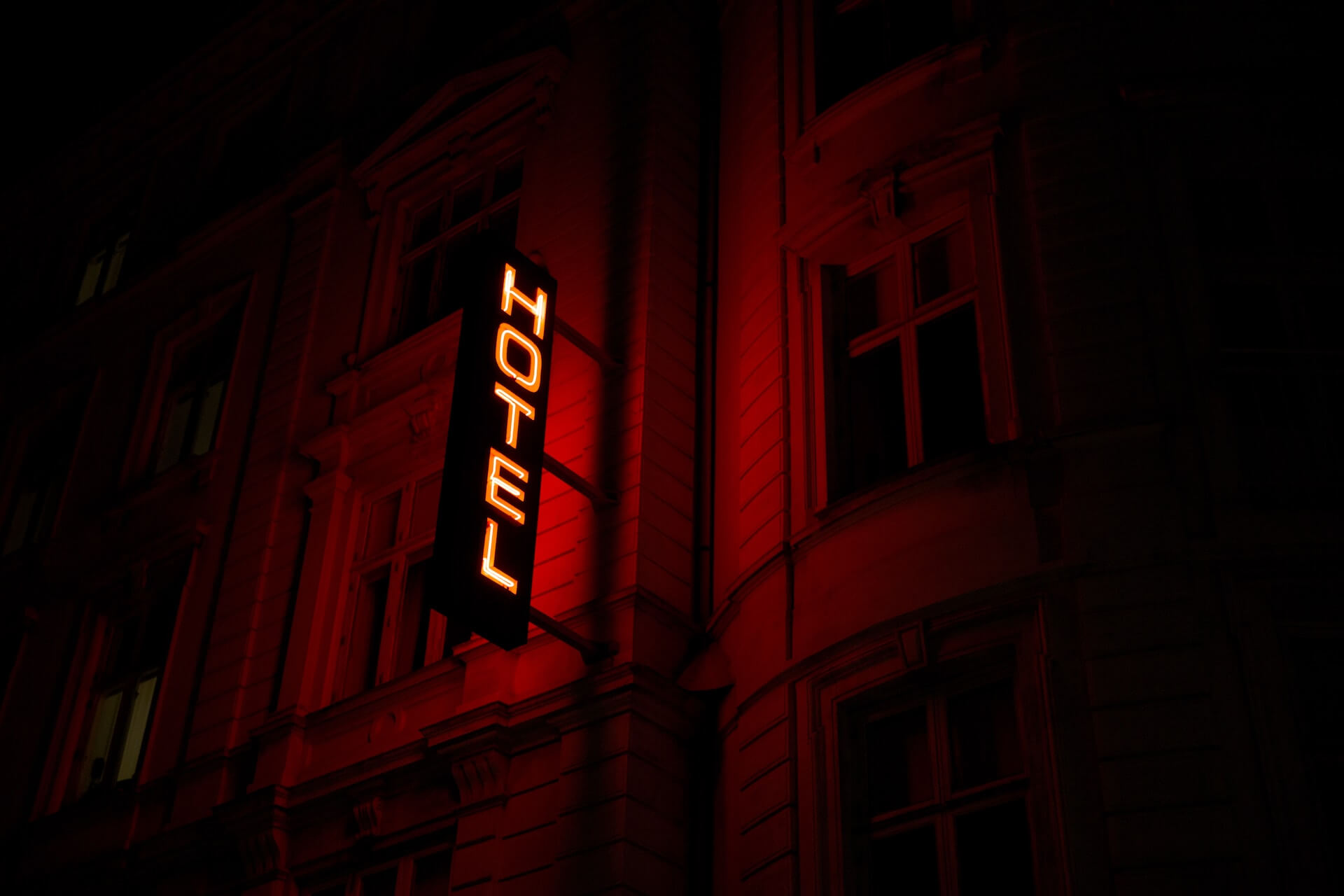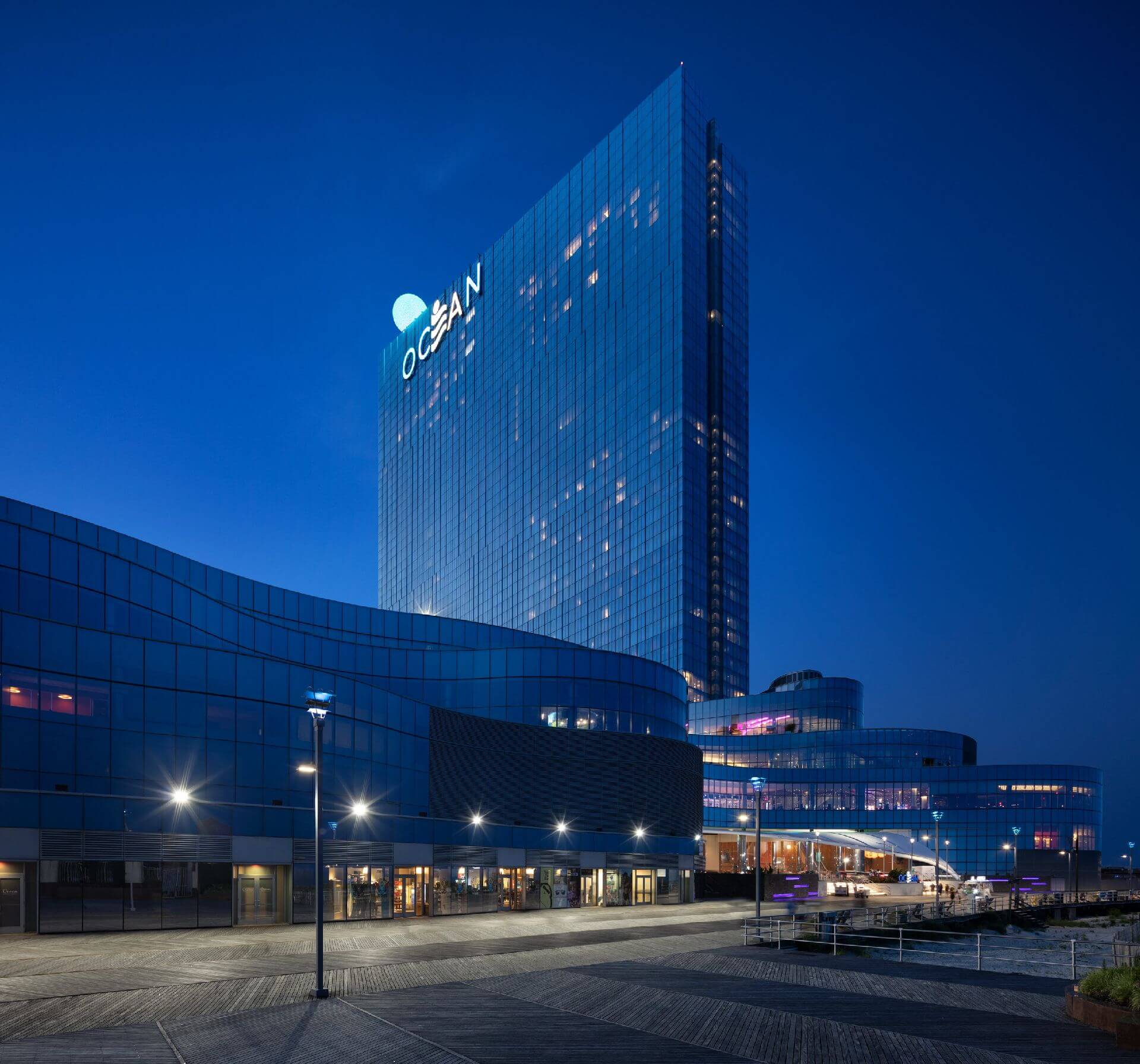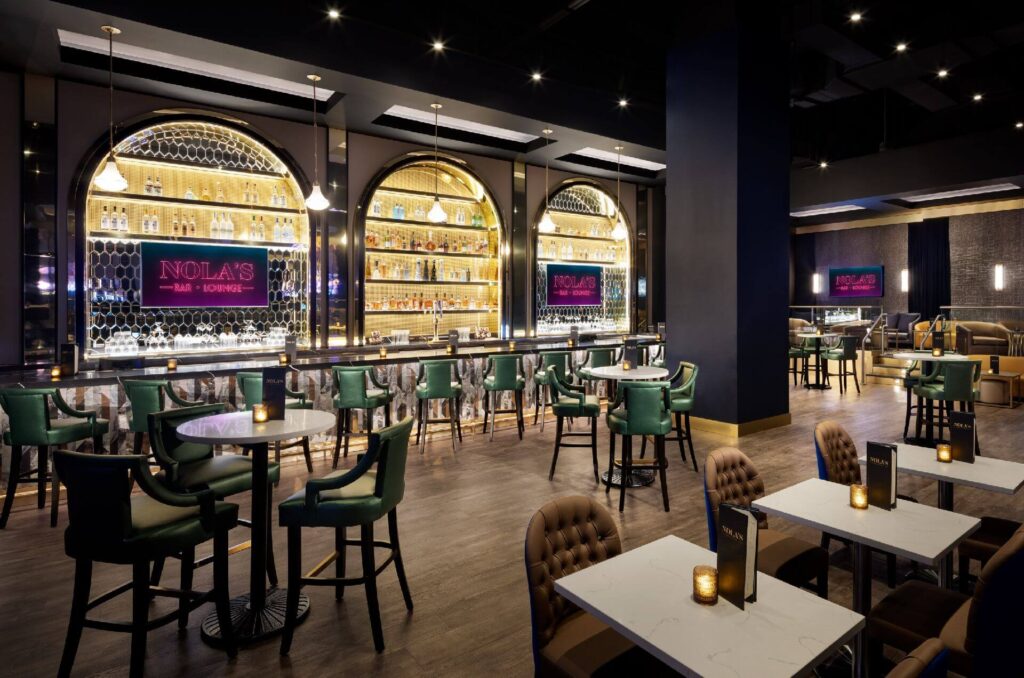The Beau Lake Partnership Program Exemplifies Collaboration
by David Klemt
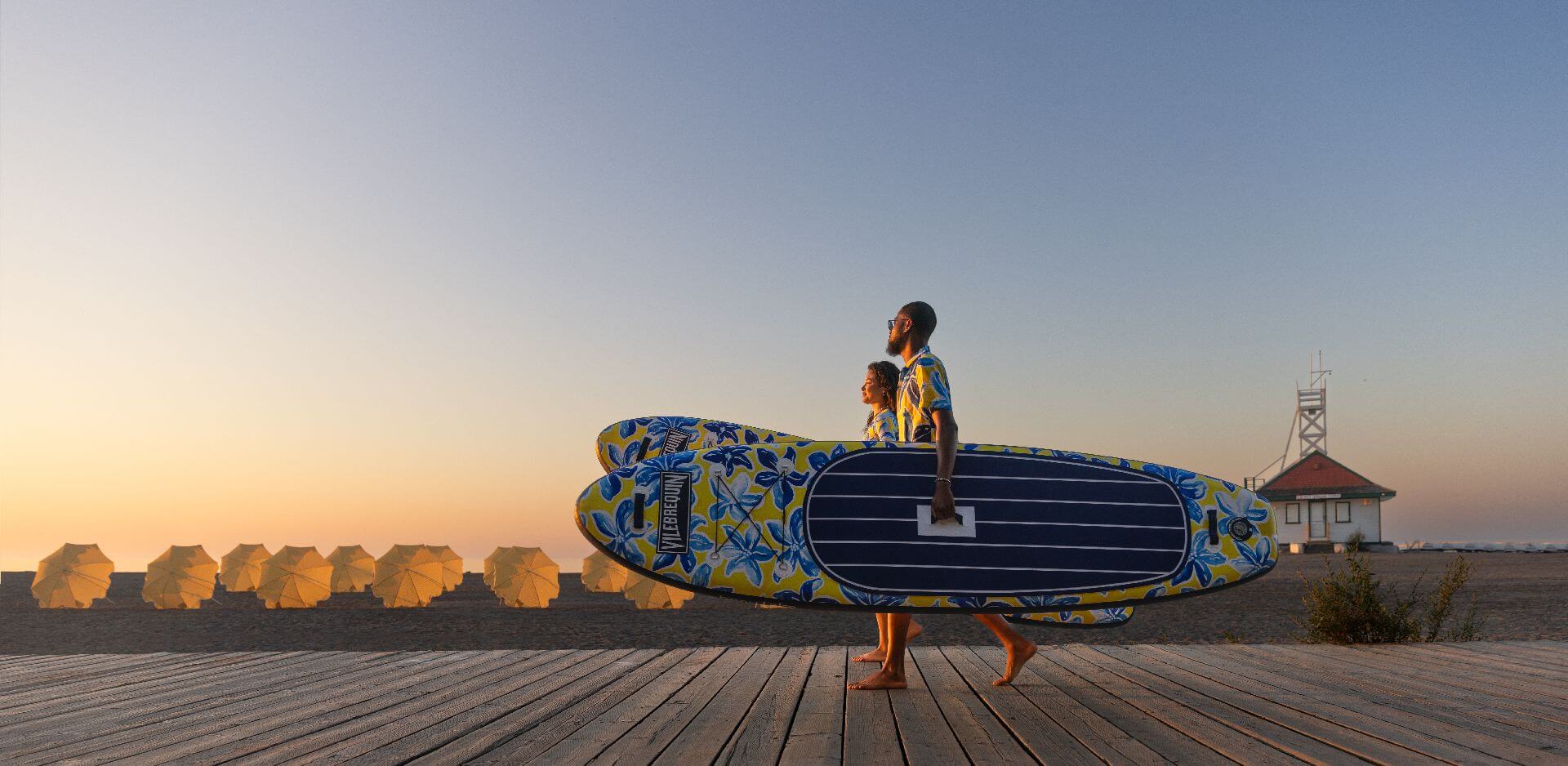
A creative and collaborative program from a Toronto-based waterside company exemplifies successful hospitality partnerships.
Beau Lake crafts, according to their own website, “the world’s most beautiful paddleboards.” A visit to their website and review of their boards lends credibility to that claim.
In the image below, the Tremblant paddleboard, which features a sophisticated walnut and holly veneer. I encourage you to check out their Malibu and touring-style Rapid boards, as well.

Truly, these are gorgeous paddleboards. their range includes rigid and inflatable boards, along with hardwood, carbon fiber, and hybrid walnut-and-carbon-fiber paddles.
There’s even a pedal boat with a wood cockpit, and a stunning 14-foot electric boat, perfect for cruising a lake serenely.
However, that’s none of that is really the point of this article (and accompanying press release). There’s something else I want operators, particularly those in the hotel and resort spaces, to take away with them.
Well-Crafted Partnerships
Looking back at just the past several years of articles I’ve written for KRG Hospitality, I’ve mentioned partnerships dozens of times.
But what, exactly, do I mean when I say operators should pursue partnerships (or collaborations, if you prefer).
I mean programs like this the Hotel Partnership Program by Beau Lake. That is, well-considered, fully realized partnerships that benefit the parties involved and the operator’s guests.
The key details of Beau Lake’s program are outlined below, in the company’s official press release. For a quick summary, the brand is positioning itself and hotel partners to leverage amenities many hotel guests expect to find, particularly those who seek out upscale and luxury properties. That is, amenities that help them connect with nature, disconnect from technology and their work lives, have a memorable adventure, and partake in wellness activities (for example, paddleboard yoga).
Further, the program offers onsite activations, content generation, and influencer marketing.
That shows potential hotel and resort partners that Beau Lake understands its position in waterside sports, as well as the need to help collaborators market them to guests.
Overall, it shows what operators should look for when seeking partnerships.
Applicable Across the Industry
While the Beau Lake Hotel Partnership Program is focused on luxury hotels and resorts, the lesson here is applicable to bar, restaurant, nightclub, and other hospitality business operators.
A great partnership with the potential to develop into a long-term relationship must form a triangle. The triangle, as you may already know, is considered the strongest geometric shape.
In hospitality, and when talking about partnerships, that triangle connects:
- the operator and their business;
- the partner’s business; and
- the guest.
If it doesn’t benefit all three, the connections aren’t made, and the triangle collapses.
To provide further clarity on successful partnerships, while we offer consulting and coaching, we don’t look at ourselves as consultants. Rather, the KRG Hospitality team views our client relationships as partnerships. We expect the relationships we develop with clients to be the key to collaborating and building long-lasting legacies.
That’s the view that operators should take when seeking out any partnership.
Don’t Fire from the Hip
As an operator, you need to take the time to consider, at more than a surface level:
- how you expect your business and guests to benefit from the partnership;
- what you’re offering as a benefit to the partner;
- how quickly the partnership will be launched;
- what methods will be used to promote the partnership; and
- what support from the potential partner looks like to you.
While each component (and others) is crucial, that last one deserves plenty of careful consideration. If the partnership centers around a physical product, it’s not good enough to simply receive said product; you need more support than that.
Moreover, reaching out to potential partners without specific details will likely drive them away rather than inspire them to collaborate with you.
I also suggest being receptive to feedback, revisions, and other ideas presented by the potential partner. And, of course, make sure any partnerships are authentic to your brand, and serve your guests.
Below, you’ll find the details of the Beau Lake Hotel Partnership Program. As you’ll see, it’s more than just shipping paddleboards to hotels to rent to guests. In this way, it’s a fantastic example of what hospitality operators should expect when seeking collaborators.
Beau Lake Announces Hotel Partnership Program
Elevating Waterside Luxury Amenities for Hotels and Resorts Around the Globe
(Toronto, Canada) Beau Lake, a luxury waterside brand renowned for its timeless design and mid-century craftsmanship, proudly announces its Hotel Partnership Program. This partnership features curated product collaborations, onsite retail, and offers an exclusive opportunity to redefine the waterside luxury experience for discerning guests around the globe.
Beau Lake’s expertise in blending innovative production with classic nautical aesthetics will transform any waterfront into an immersive extension of high-end hospitality. Through this new program, partner properties will feature exclusive access to Beau Lake’s luxury paddleboards while delivering moments of connection, wellness, and adventure that resonate with the guests’ desire for distinction.
“The hotels we’ve partnered with are synonymous with elegance, and we are honored to extend their brand’s commitment to excellence to the waterfront,” said Brad Ariss, Managing Director at Beau Lake. “Our partnerships and collaborations reflect a shared dedication to crafting unforgettable guest experiences. By integrating Beau Lake’s offerings into lakeside and coastal properties, we create unique opportunities for guests to engage with the serene beauty of their surroundings without the distraction of uneventful plastic toys.
Key Features of the Program:
- Bespoke Product Collaborations: Custom paddleboards and surfboards tailored to each property’s aesthetic and guest preferences, including co-branded designs for retail and rental.
- Waterside Leisure and Wellness: Beau Lake luxury paddle boards offer an on-brand and curated aesthetic for partners to elevate activities such as yoga on paddleboards, guided tours, and waterfront meditation, seamlessly combining relaxation with nature.
- Comarketing Activities: On-site activations to develop programming, influencer marketing and content to generate earned media and attract new audiences.
- Retail Solutions: End-to-end e-commerce strategies managed by Beau Lake to drive property-specific sales.
The Hotel Partnership Program is already making waves, with Badrutt’s Palace leading the way alongside notable collaborations with iconic properties worldwide, such as the Montauk Yacht Club and American Beech in New York, Gasparilla Inn in Florida, and Maslina Resort in Croatia.
Beau Lake’s collection redefines the watercraft category, turning functional waterside amenities into elevated experiences that blend art and performance to drive guest loyalty and enhance brand identity. This partnership underscores the brand’s commitment to enriching the art of luxury living, on and off the water.
About Beau Lake
From mid-century pedal boats to the world’s most beautiful paddleboard collection, Beau Lake is a Canadian waterside luxury brand dedicated to elevating the beach experience through timeless design and mid-century craftsmanship. Inspired by nature, their luxury paddleboard collection has featured limited-edition collaborations with Saint Laurent, Ulysse Nardin and Vilebrequin. The brand has since grown their collection of premium beach amenities to include everything from apparel and waterside accessories to classic wooden furniture, custom surfboard and, of course, the finest collection of rigid and inflatable paddleboards on the market.
Beau Lake Affiliate Partners: Avantlink / Skimlinks / Sovrn
Images provided by Beau Lake

Looking to Start, Stabilize, or Scale? Book Below to Setup a 60-Minute Result-Driven Impact Session.

